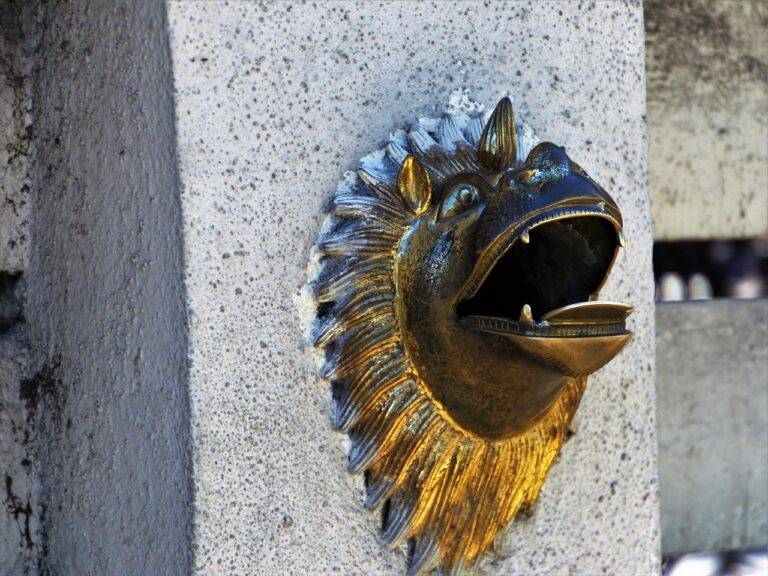Uncovering the Truth About Grain-Free Diets for Pets: Betbhai9 registration, Radheexch/admin, My 99 exch
betbhai9 registration, radheexch/admin, my 99 exch: As pet owners, we all want to provide the best nutrition for our furry friends. In recent years, grain-free diets for pets have gained popularity as many people believe they are a healthier option. But, are grain-free diets really the best choice for our pets? Let’s uncover the truth about grain-free diets for pets.
What is a grain-free diet?
A grain-free diet for pets excludes grains such as wheat, corn, and soy. Instead, it typically includes ingredients like meat, vegetables, and fruits. Proponents of grain-free diets argue that these diets are more natural for pets since their ancestors, such as wolves for dogs and wild cats for cats, primarily consumed meat.
The truth about grain-free diets
1. Controversy surrounding grain-free diets
In recent years, grain-free diets for pets have come under scrutiny by veterinarians and pet nutrition experts. The FDA has even investigated a potential link between grain-free diets and a heart condition called dilated cardiomyopathy (DCM) in dogs. While the exact cause of this link is still unknown, it has raised concerns about the long-term effects of grain-free diets on pets’ health.
2. Lack of essential nutrients
Grains can provide essential nutrients such as fiber, vitamins, and minerals that are important for your pet’s overall health. Without grains in their diet, pets may be missing out on these vital nutrients, which can lead to nutritional deficiencies over time.
3. Potential for allergies
While some pets may benefit from a grain-free diet, others may actually develop allergies to alternative ingredients used in grain-free pet foods. It’s essential to monitor your pet for any signs of allergic reactions when switching to a grain-free diet.
4. Cost considerations
Grain-free pet foods can be more expensive than traditional pet foods that contain grains. It’s important to consider your budget and weigh the potential benefits of a grain-free diet against the cost.
5. Consult with your veterinarian
Before making any significant changes to your pet’s diet, it’s crucial to consult with your veterinarian. They can provide guidance on the best nutrition for your pet based on their individual needs and health concerns.
6. Consider a balanced diet
Instead of focusing solely on whether a diet is grain-free or not, it’s important to prioritize a balanced diet for your pet. This includes a mix of protein, carbohydrates, fats, vitamins, and minerals to support their overall health and well-being.
FAQs
Q: Are grain-free diets necessary for all pets?
A: No, grain-free diets are not necessary for all pets. It’s essential to consult with your veterinarian to determine the best diet for your individual pet.
Q: Can grain-free diets cause heart problems in pets?
A: There is ongoing research into a potential link between grain-free diets and heart conditions in pets. It’s important to stay informed and consult with your veterinarian.
Q: How can I transition my pet to a new diet?
A: It’s best to gradually transition your pet to a new diet by mixing small amounts of the new food with their current food over a period of 7-10 days.
In conclusion, while grain-free diets may work for some pets, they are not necessarily the best option for all pets. It’s crucial to consult with your veterinarian and prioritize a balanced diet to ensure your furry friend receives the nutrition they need for a long and healthy life.







